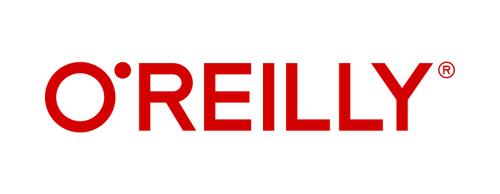Course Features
Duration
15.29 hours
Delivery Method
Online
Available on
Limited Access
Accessibility
Desktop, Laptop
Language
English
Subtitles
English
Level
Beginner
Teaching Type
Self Paced
Video Content
15.29 hours
Course Description
Course Overview
International Faculty
Case Based Learning
Post Course Interactions
Case Studies,Instructor-Moderated Discussions
Skills You Will Gain
Prerequisites/Requirements
Requires basic knowledge of Internet and networking technology
What You Will Learn
Plan, organize, build, and deploy end-to-end IoT solutions
Navigate today’s IoT product marketplace
Use maturing IoT technologies to solve many business and technical problems
Make sense of the full IoT protocol stack, from 802154 and LPWA to IPv6 adaptations and management
Architect IoT networks for maximum security and integrity
Generate meaningful intelligence from the data your smart objects capture
Compare and use batch-level and real-time streaming analytics
Improve IoT system efficiency through fog and edge computing
Leverage key IoT applications for utilities, transportation, manufacturing, smart cities, public safety, oil/gas production, and mining
Target Students
For wide audiences of IT, operations, and business professionals who want to plan for, deploy, secure, and leverage the benefits of IoT technologies
This course’s case study applications will have special appeal to professionals in a wide range of industries, including municipal and other government operations; building management; power, water, and gas utility engineering; transportation; telecommuni
Course Instructors
Jerome Henry / Rob Barton
Instructor
Course Reviews
Average Rating Based on 6 reviews
83%
17%
